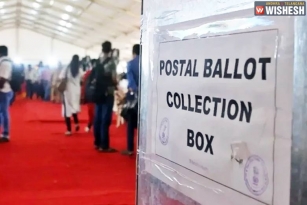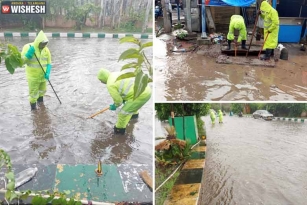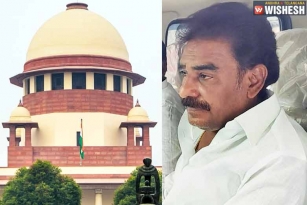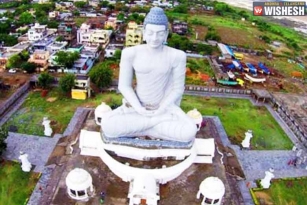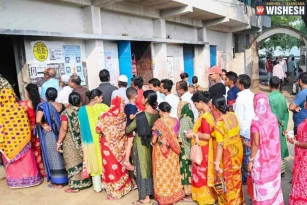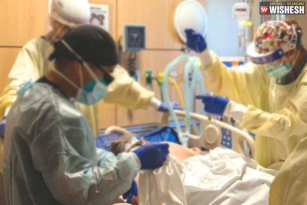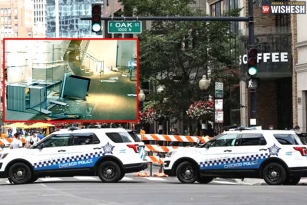
Comptroller and Auditor General (CAG), in its report stated that the Telangana Medical and Infrastructure Development Corporation (TSMIDC) had accepted nine essential medicines, of low shelf life.
The shelf life of these medicines, was less than 80%.
The report was collected based on a five-year performance audit (2011-2016).
This is the first CAG audit report, of the Telangana government after the state was formed.
Apart from issues related to expenditure, equipment and surgical items in various hospitals, the CAG report pointed out, also about lapses in the procurement and distribution of drugs.
“While several drugs were not sent to quality check, some were sent to hospitals without a quality-control test,” according to the report.
The report was submitted to the Assembly, yesterday.
These nine life-saving medicines had a shelf-life of between 46 and 75%.
TSMIDC, distributes drugs, surgical items and other consumables required for hospitals, to the State Government.
In every district, these are then supplied to hospitals through Central Medicine Stores.
Nearly, 16 drugs without active ingredients had been obtained by the corporation and supplied to government hospitals, said the auditor.
The Government acquired, drugs and surgical items of about Rs 237 crores, in two years (2014-2016).
At the Adilabad central medical store, the auditors found that there was no place at the store. The boxes were literally kept in toilets.
The CAG said, there was no cold chain at the central medical stores at Warangal and Adilabad. The efficacy of the drugs, further degraded, as the medicines were not kept in temperature-controlled environments.
The quality-check reports should be submitted within 15 days for tablets, capsules and ointments, and the reports should come in within 28 days, according to auditors.
To conduct quality checks, TSMIDC engaged six laboratories.
During, a 2015-2016 report, the CAG said TSMIDC procured 259 types of drugs and 85 types of surgical items.
Of these, 193 (75%) types of drugs and 76 (89%) types of surgical items were sent for quality checks. While, another 14 were given for testing to the Drugs Control Administration.
About, 52 types of drugs, 9 types of surgical items were not sent for quality checks. Even life-saving drugs and important medicines were not tested.
Quality reports were submitted for 29% medicinal items in stipulated time and 66% came late. Another 5% report is yet to be received by TSMIDC, claimed the auditor.
Many vital drugs were not available at government hospitals. Of the 635 essential drugs, no arrangements were made to procure 237 items.
Another 197 categories of medicines were supplied by the firms despite placing orders.
Several drugs went out of stock repeatedly and as a result, there were delays in supplies.
The Central Medicine Stores in Hyderabad, Adilabad and Warangal areas, accepted medicines, which had less than 80% shelf life.
Additionally, due to non-availability of consumables and facilities, there was also abnormal delay in obtaining and installation of equipment.
12 Children Fall Ill After Administering Expired Medicines
By Supraja


